Related Article
-

Kanto Travel: Top 4 recommended spots for Christmas
-

Japanese Demon Stockings Will Have Your Legs Looking Scary Good
-
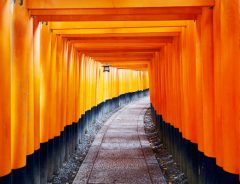
Free Downloadable Environment Lets You Explore Kyoto’s Famouse Fushimi Inari Shrine With Unreal Engine 4
-
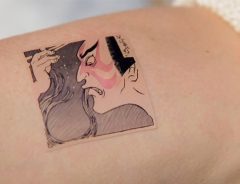
Foreign Travelers Offered Soba Allergy Tests With Awesome Temporary Tattoos
-
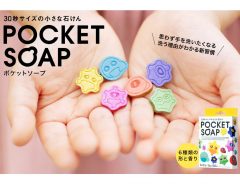
Japanese maker releases Pocket Soap that lets kids have fun washing hands and destroying kawaii viruses
-
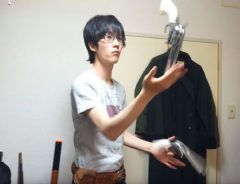
Japanese YouTube Gunslinger Is The Real Revolver Ocelot
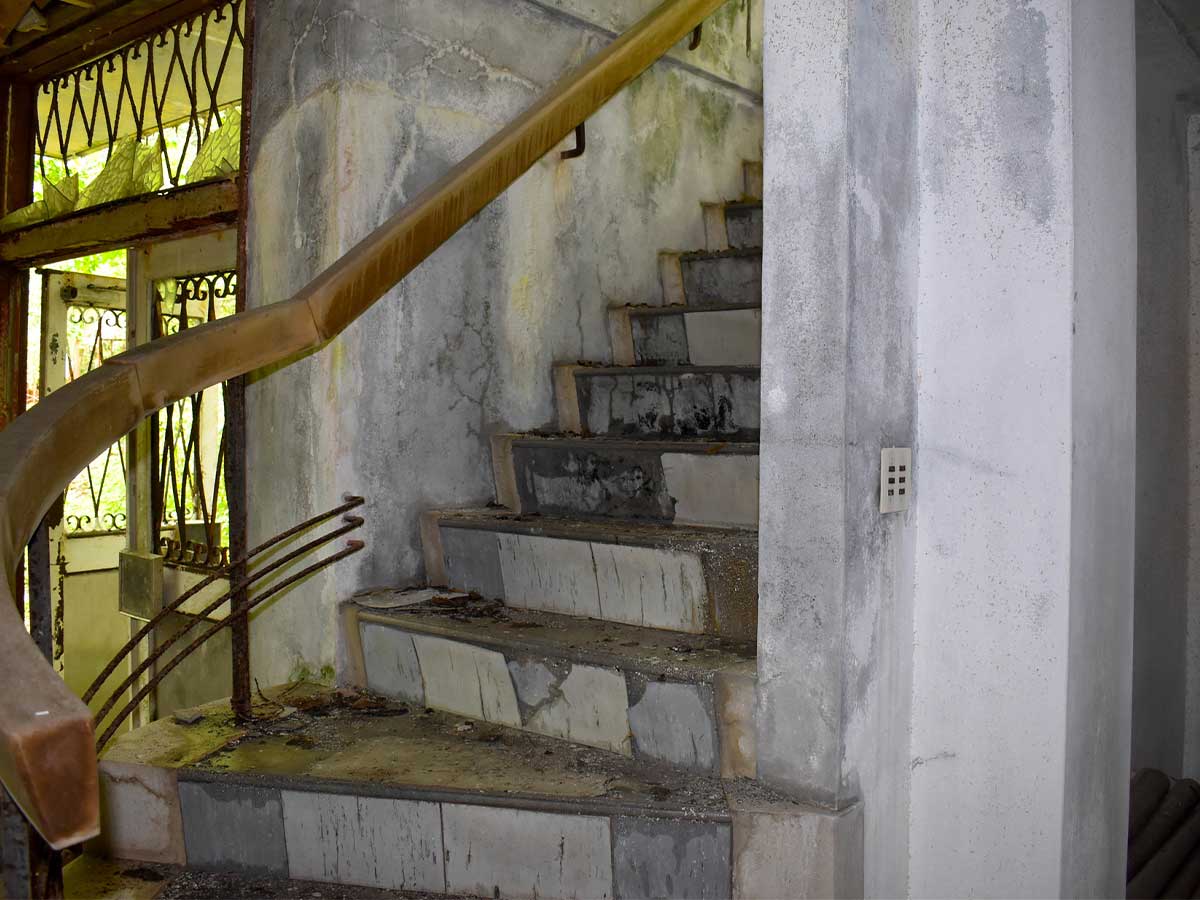


In the summer, some Japanese exploring hobbyists visit rumored haunted spots to feel “chilly”.
aHowever, Rokusyaku Houshi, a master monk of Nichiren Buddhism (@6SYAKU_HOUSHI) states that it’s becoming an issue as the number of inquiries for exorcism at temples drastically increases in the summer.
Interestingly, many of those who have been to haunted spots often say that they “placed a pile of salt” (intended for purification of the place or for good luck) at the location.
However, Rokushyaku Houshi seems to regard the act as a nuisance.
He strongly suggests to “just come to the temple, without doing anything unnecessary any more”.
On top of a statement in a Tweet, he also adds:
“Just because you left a pile of salt for purification, and you tell me that you did… it will not change the procedures or what we would have to do to handle the consequences at the temple, is what I meant.
A pile of salt means something differently depending on the person’s beliefs and religions. While I don’t deny the ritual altogether, I wouldn’t be able to speak for its effectiveness and so on, even as a professional monk. “
Also, most importantly, at the time of the visit to the temple for these types of requests, they request a promise to “never visit a haunted spot so light heartedly” from the visitor.
If someone makes a visit to a rumored haunted place so light-heartedly, and ends up not being able to deal with the consequences on their own, it is best to not go to these places at all, says Rokusyaku Houshi.
Summer is also the busiest season for temples. For that reason, they sincerely ask not to increase the work volume unnecessarily by visiting these haunted places for no good reasons.
In terms of “exorcism” requests, this is also what he had to say:
“Exorcism or purification is the term you may often hear. But, first of all, as a proper monk in a traditional Buddhist organization (despite slight differences depending on the region or type of Buddhism),the baseline is that we do not offer service in the name of exorcism or purification.
Therefore, even if they come to the temple, we do not provide such service most of the time.
These services are often practiced by fraudulent fortune tellers, and are not something that we voluntarily offer as someone whose base is placed in Buddhism and its organization.
Of course, at the time of request for such a service, we do offer to hold a memorial ritual service for the spirit (In Buddhism, it is to kindly ask the dead to rest in peace), or prayer for release of the tie with the spirit. However, neither of those are exorcism or purification.”
In Nichiren Buddhism, there is a series of training where master monks such as Rokushyaku Hoshi would learn how to deal with living spirit, dead spirit, spirit possession, god of pestilence and curse. Because he knows it requires such a proper and long training process, it should not be taken lightly to request such a service, but rather important to educate the public and make sure to keep the promise of that they will not visit these places again, since they do not have the ability to deal with it on their own.
There were many comments to support this tweet:
“I certainly agree. It is inconveniencing everyone around them.”
“Thank you for your service. I totally understand it is unacceptable if they think they can just ask for help so lightly for their inconsiderate actions.”
“We need to practice “Better be safe than sorry”.”
These requests often come from high school students who just got their driver’s license, or bored university students who suddenly have time and money to spend.
Furthermore, these haunted places are often private property or in restricted areas. It is trespassing, which means you could be charged for it, too.
If you cannot handle the consequences on your own, it is better to stay away from the trouble.